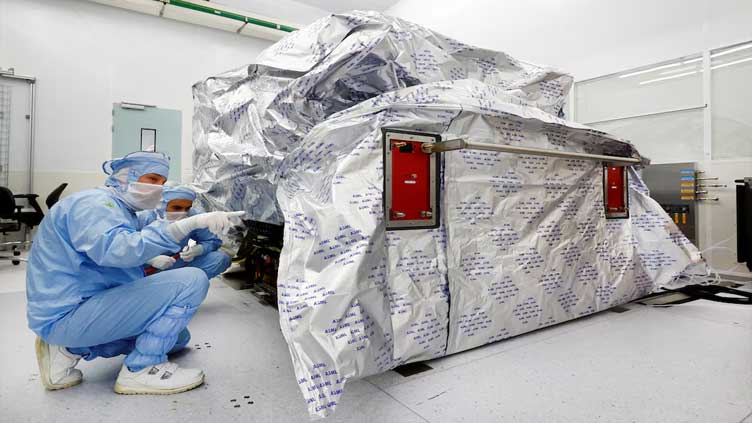US to press Dutch next week to curb ASML's work servicing tools for China

Business
US to press Dutch next week to curb ASML's work servicing tools for China
WASHINGTON (Reuters) - The Biden administration plans to press the Netherlands next week to stop its top chipmaking equipment maker ASML from servicing some tools in China, two people familiar with the matter said, as the US leans on allies in its bid to hobble Beijing's tech sector.
Alan Estevez, the United States export policy chief, is scheduled to meet in the Netherlands next Monday with officials from the Dutch government and ASML Holding NV to discuss the servicing contracts, the people said.
Washington may also be seeking to add to a list of Chinese chipmaking factories restricted from receiving Dutch equipment as part of the discussions, one of the people said.
ASML shares briefly turned negative after the news.
The Commerce Department and ASML declined to comment, and the Chinese Embassy in Washington did not immediately respond to a request for comment.
The Dutch government, which has not ruled out denying licenses to service ASML equipment in China in some cases, did not respond to requests for comment on Thursday. The Foreign Ministry says it reviews licensing requests on a case-by-case basis.
The meeting is the latest move by Washington to convince allies to join its efforts to further crackdown on Beijing’s ability to produce cutting-edge chips, after sanctioned Chinese telecoms giant Huawei shocked the world last year with a new phone powered by a sophisticated chip.
The Huawei Mate 60 Pro was seen as a symbol of China's technological resurgence despite Washington's ongoing efforts to cripple its capacity to produce advanced semiconductors.
Chip-related exports to China are vital for its economy. Chinese President Xi Jinping complained to President Joe Biden this week about US efforts to block certain US technologies, including advanced semiconductors, saying it hindered China's development.


